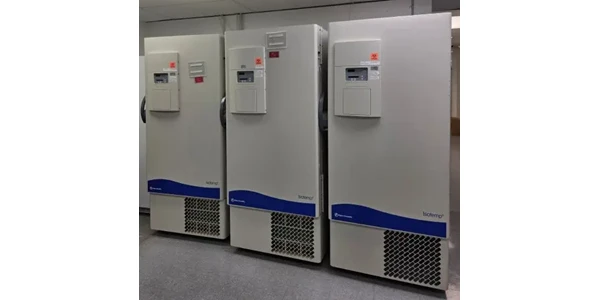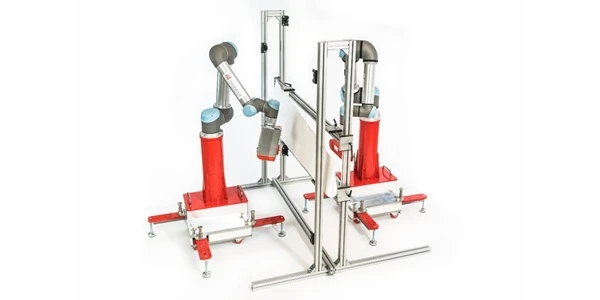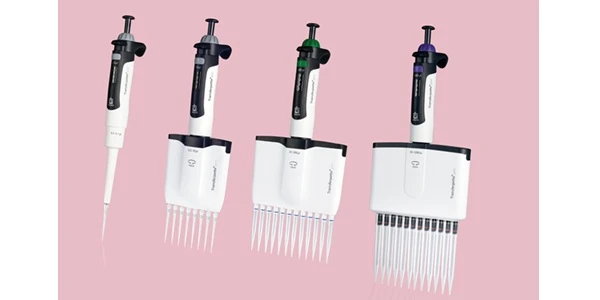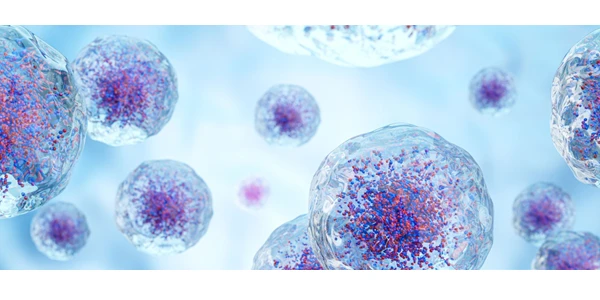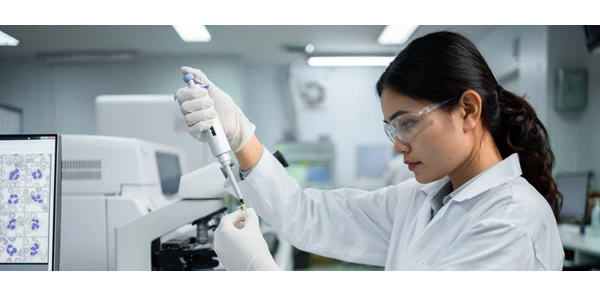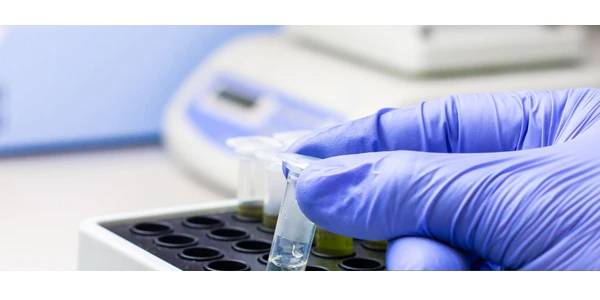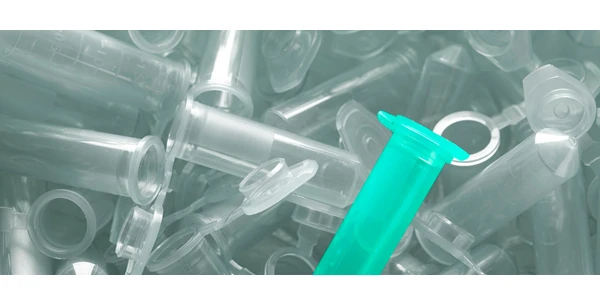Cannabis Laboratory Product Trends in the New Year
As we round the corner into a new year, a fresh landscape is appearing with the promise of continued growth in the industry.
- Despite the turbulence and temporary setbacks in 2020 due to COVID-19, the cannabis industry exhibited record growth with US cannabis sales.
- Ballot initiatives in the 2020 elections led to five more states voting in legalization measures. Virginia and New York may soon follow suit, pushing the number of residents in legalized states to well over a third of the US population.
- Medicinal cannabis continues to grow, with companies such as GW Pharma harvesting 526 Million in fiscal sales in 2020.
- The legal industry as a whole is expected to top 25 billion in 2021, and nearly 40 billion over the next 4 years.
From the policy and business perspectives, its clear that 2021 holds great potential for a continued upward climb. We take a moment and examine a few new product trends that will help the industry gain stronger footholds in the new year and beyond.
Cultivation
Two vitally important but challenging areas in the industry include: 1) research into the safety and clinical significance of cannabis compounds, and 2) increased quality control for cultivation of cannabis for high-quality research or commercial use. Unfortunately, there has been a long history of restrictions on production of research grade cannabis that, in combination with limited funding, has stifled research. In the commercial space, quality control issues and inefficiencies at the grow level have proven exceedingly challenging, in terms of operating costs and production values.
In 2021, these areas may see relief, as federal initiatives continue to take shape and expanded cultivation for research purposes becomes reality. Improved quality control in cultivation will bring increased consistency and reliability to empower high-quality research and commercial applications.
Medicinal Genomics offers a suite of solutions for plant genotyping, pathogen detection, and advanced quality control measures. Using DNA testing and identification of male plants, female plants can be selected and female flowers rich in bioactive cannabinoids can be efficiently cultivated. Molecular techniques are proving far superior to visual sexing of plants, enhancing accuracy and efficiency of grow operations.
- The FemINDICAtor uses qPCR technology and internal controls to produce real-time results, which are produced in approx. 1.5 hours at a cost of approx. $6.30/sample.
- The youPCR product uses PCR without internal controls, with results available by colorimetric assay in approx. 40 min and a cost of approx. $5/sample.
The latter product removes the need for a qPCR instrument, which can be costly, albeit at the potential expense of accuracy due to the absence of internal control.
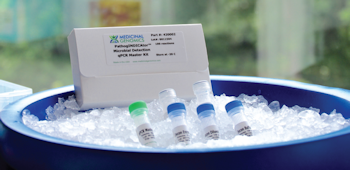
Pathogen contamination of processed cannabis is well acknowledged to impact product quality and value. The appearance of pathogens on living plants can be an even greater threat to entire cultivation lots. Medicinal Genomics takes a DNA-based approach towards plant pathogen screening and detection with two technologies.
- The youPCR Plant Screening Platform can test 4 mm biopsy samples of the plant itself, returning indication of pathogen presence by means of colorimetric reaction.
- The PathoSEEK Microbial Safety Testing Platform also analyzes plant biopsy samples, emitting a fluorescent signal as an indicator of positive detection via qPCR.
Assay kits are available for detection of Hop Latent Viroid, Lettuce Chlorosis Virus, Cannabis Cryptic Virus, and a host of additional relevant plant pathogens.
Potency Testing
Potency testing, the ability to accurately and precisely measure cannabinoid content, is an area that has undergone significant technology development to date. Attention has been directly towards the wide range of cannabis materials, products, and testing locations as main drivers of product development. 2021 will see a shift in focus towards testing accuracy and method standardization, as the testing industry continues to evolve.
A challenge pertaining to potency testing involves the presence and the chemical nature of the testing standards. Cannabinoid or non-cannabinoid standards may be used to construct standard curves in quantitative analysis. These standards are typically spiked into a matrix material which mimics the actual background of the sample to be tested. Alternatively, quantitation may be performed by spiking standard directly into the test sample, also know as use of internal standard(s). We have detailed these methods and their advantages in prior articles.
Another problem in potency testing is the use of custom or proprietary testing methods and instrument platforms. The lack of method standardization and regulation has resulted in widely ranging lab performance, an issue that has plagued the testing industry up until this point. 2021 will see advancements in standardization as methods are reviewed and recommended by standards organization such as AOAC, and federal and state regulations continue to evolve.
Labs will increasingly opt for standards, standard mixes, matrices, and other testing reagents that will improve the quality and reliability of potency testing over previous practices.
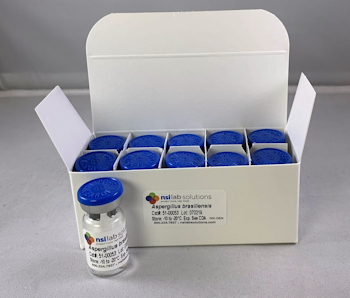
- Emerald Scientific serves as a central source of testing reagents, offering an array of reference materials -- from purified cannabinoids and terpenes, to isotopically labeled and synthetic versions of these and other bioactive compounds.
- One such company in the Emerald distribution portfolio, Purisys, focuses on the development of cannabinoid active pharmaceutical ingredients (APIs) for cannabis therapeutic research. The company designs compounds to support drug development and clinical trials, and the catalog of products includes over 50 major and minor cannabinoids and their degradation and metabolite species. Through synthetic approaches, these compounds are intended to support high-quality research and clinical development across the spectrum of potential applications.
- NSI Lab Solutions is a company focused on matrix solutions for cannabis testing, among other product areas. The matrix blanks available through Emerald Scientific include: Ground hemp and hemp oil blanks, hemp controls for pathogen testing, cannabis microbial testing panels, and a host of additional cannabis consumable and edibles testing matrices.
Without a doubt, new and improved materials and methods will advance the testing side of the industry in 2021, with a strengthening focus on industry standardization.
Outlook
A multitude of additional areas of the cannabis industry will see major advancements in 2021 -- testing instrumentation, pesticides and contaminants standardization, data management, and many more. We’ll continue to stay vigilant and cover industry developments in this exciting area of science and medicine
Be sure to regularly visit the Trends in Cannabis Interactive Infographic, our Cannabis Application Page, and continue to tune in monthly to our Cannabis Laboratory newsletter for further insight regarding trends and new products.
